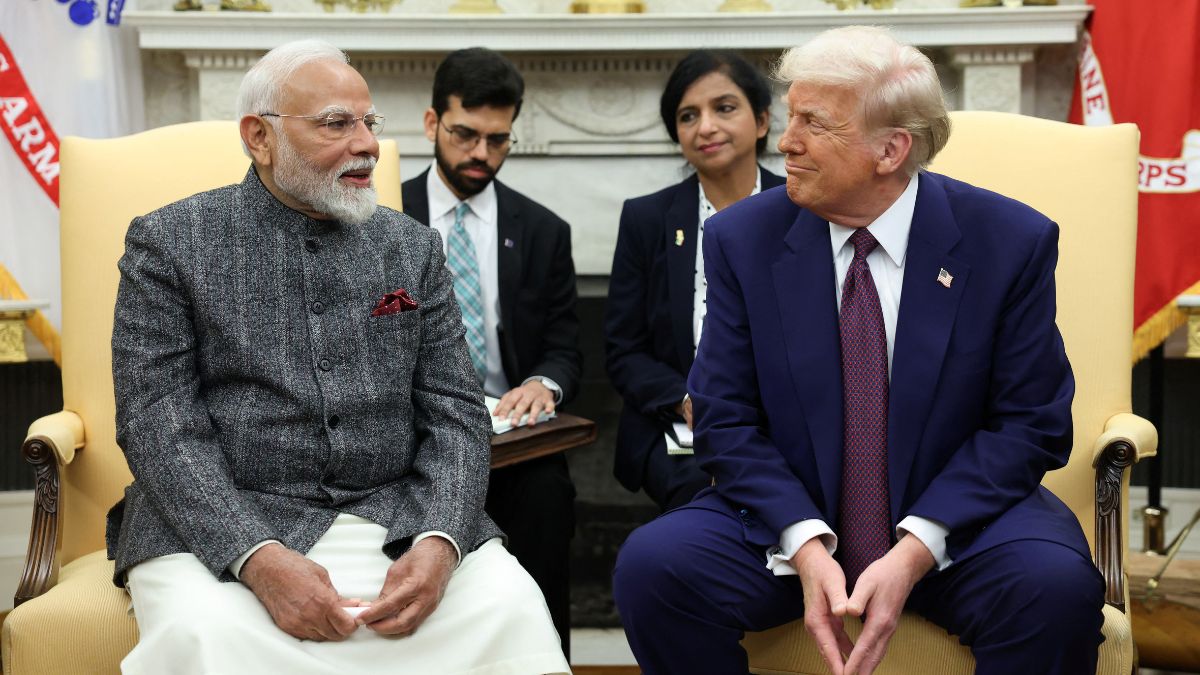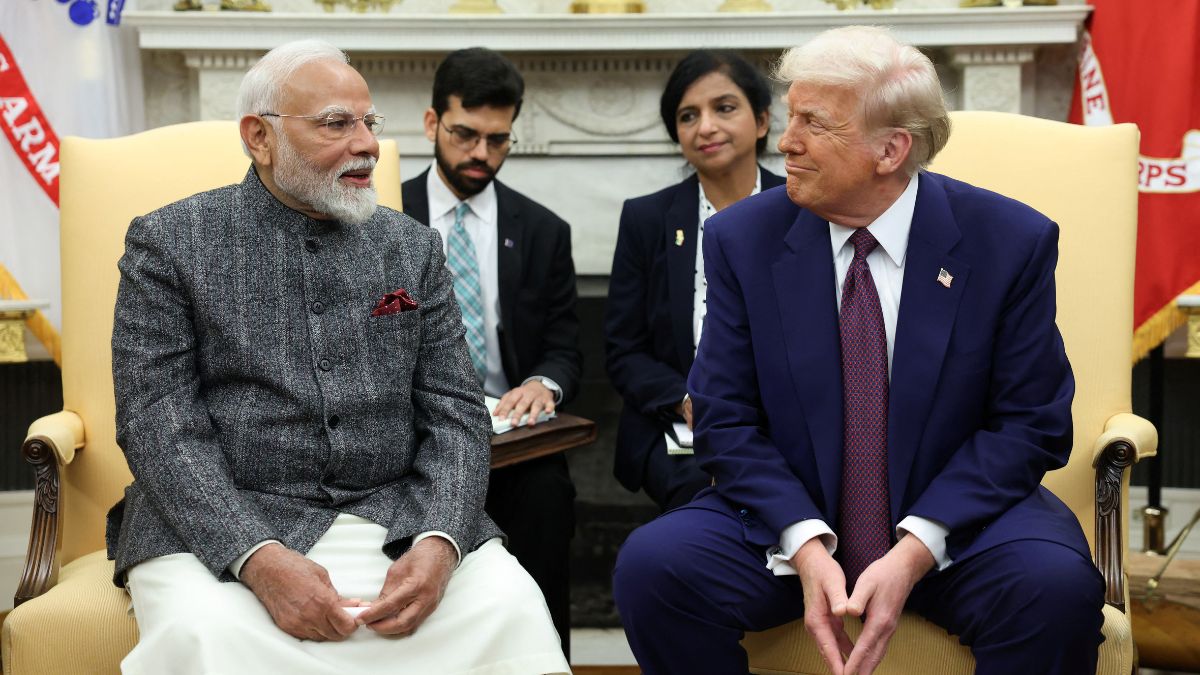A federal judge ruled on Thursday that Google acted illegally to maintain a monopoly in certain online advertising technologies. This ruling adds to the company’s legal troubles, which could reshape the $1.88 trillion corporation and alter its influence over the internet.
Judge Leonie Brinkema of the US District Court for the Eastern District of Virginia stated that Google violated the law to establish its dominance in the largely unseen technology that places advertisements on various web pages.
The Justice Department, along with a coalition of states, filed a lawsuit against Google, arguing that its monopoly in ad technology allows the company to charge higher prices and take a larger share of each sale, according to a report by New York Times.
Google is facing increasing scrutiny regarding its dominant role in how people access information and conduct business online. Additionally, another federal judge ruled in August that the company holds a monopoly in online search. That judge is currently considering a request from the Justice Department to break up the company.
After the US Justice Department targeted Google’s widely used search engine during President Donald Trump’s first administration, the same agency pursued the company’s profitable digital advertising network in 2023 under President Joe Biden. This move aimed to weaken the power that Google has built since its creation in a Silicon Valley garage in 1998.
Although antitrust regulators succeeded in both instances, the battle is expected to continue for several more years as Google seeks to overturn these two monopoly decisions through appeals while also advancing in the lucrative field of artificial intelligence.
The next phase in the latest case involves penalties, which are likely to begin late this year or early next year. Additionally, “remedy” hearings related to the search monopoly case are scheduled to start on Monday in Washington, DC During these hearings, Justice Department lawyers will attempt to persuade US District Judge Amit Mehta to impose significant penalties, which may include a requirement for Google to sell its Chrome web browser.
With inputs from AP


)
)
)
)
)
)
)
)
)